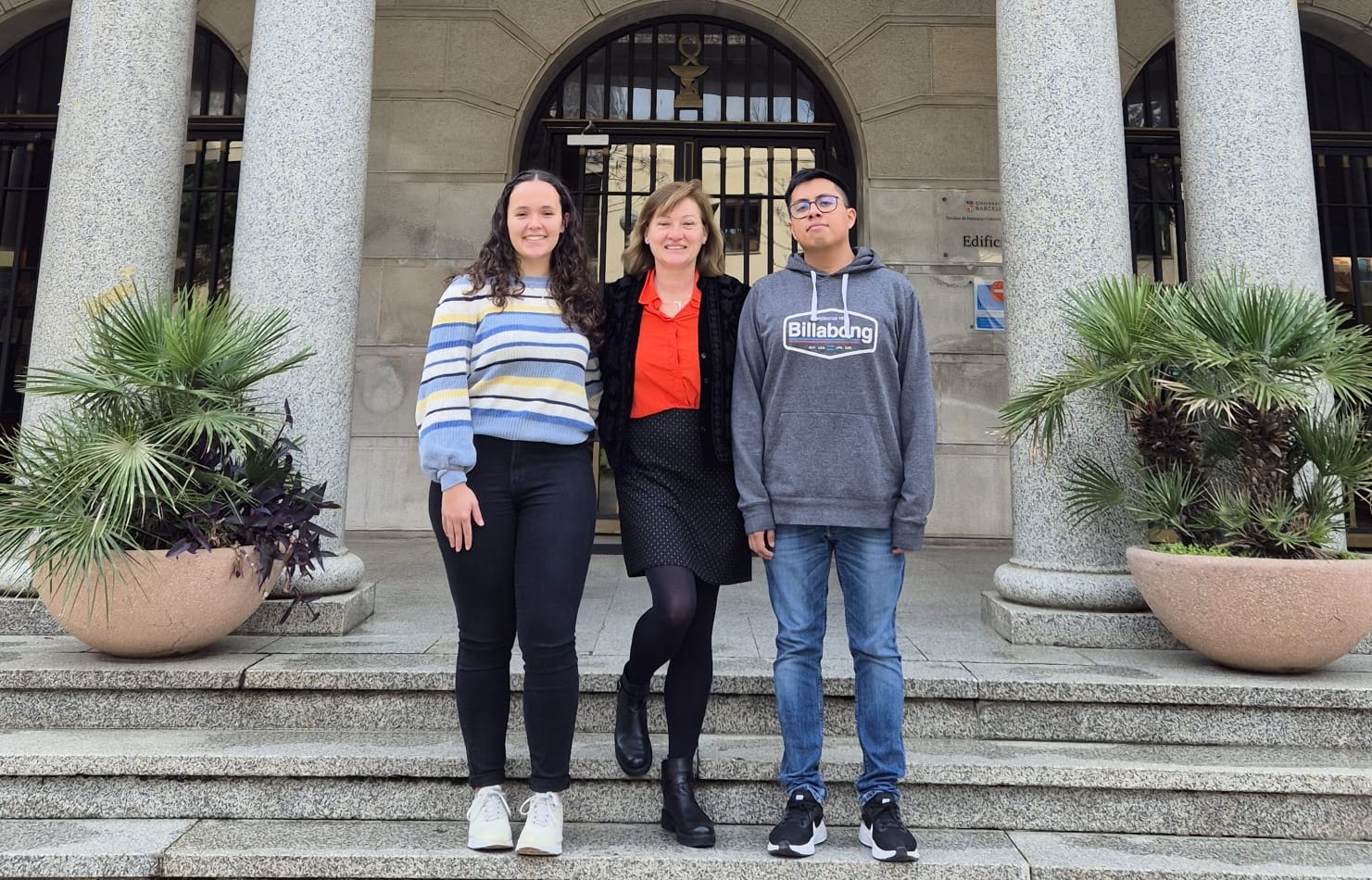
New therapeutic pathway against the most aggressive brain cancer
Glioblastoma multiforme is a very aggressive type of brain cancer, with no effective therapy, so it is classified as an unmet medical need. A team from the University of Barcelona (UB), led by the professor of the Faculty of Pharmacy and Food Sciences, Carmen Escolano, has received a grant from the Government of Catalonia to develop a potential new drug against this serious disease.
This aid is aimed at obtaining prototypes and the valorization and transfer, and is part of the Industry of Knowledge program of the Department of Research and Universities of the Generalitat de Catalunya to encourage the transfer of research results.
Glioblastoma multiforme is usually diagnosed in advanced stages and this fact often results in a poor prognosis, with treatment consisting of surgical resection followed by radiotherapy and chemotherapy. “However, current treatments are not sufficient to manage this deadly pathology, with median survival ranging from 12 to 15 months and with less than 3% to 5% of patients surviving more than 5 years,” highlights Dr. Carmen Escolano.
In response to this situation, researchers from the Medicinal Chemistry for Unmet Medical Needs research group at the UB have developed a new family of compounds capable of crossing the blood-brain barrier, one of the fundamental challenges for any drug targeting a disease located in the brain. In addition, the potential drug has also shown promising effects against cancer cell proliferation in cell line studies.
Previous studies have indicated that the new compound works both with cell lines sensitive to temozolomide – the standard therapeutic agent clinically approved worldwide for the treatment of this disease – and with those resistant to this therapy.
In addition, they observed that the new compound developed by UB works additively with this drug, increasing its efficacy. “These promising results suggest that the new compound could become a new first-line drug, benefiting both patients receiving treatment for the first time and those who have already developed resistance to temozolomide, which account for 50% of patients,” says Dr. Escolano, who is also a member of the UB Institute of Biomedicine (IBUB).
The new compound is a small molecule-based drug, which has economic advantages and benefits in the type of administration. “The manufacturing cost is much lower than that of biological macromolecules and they are also more suitable for oral administration, making it more affordable and convenient for patients,” adds the UB professor.
New trials
This research has already received funding in the framework of the Proof of Concept grants from the Fund for the Promotion of Innovation (F2I) – UB 2023 call and a Seed grant, aimed at innovative projects with potential for incorporation into the productive sector, from the same call of the Generalitat.
Now, with this new Product grant of 132,000 euros (2024 PROD 00007), the research team aims to advance in the preclinical development of this innovative drug. Thus, over the next few months, different critical studies will be carried out to validate the safety and efficacy in a murine model of the disease. These studies, together with strategic transfer and commercialization activities, market analysis and intellectual property protection, will drive this innovative UB research.
This multidisciplinary project has also involved the participation of renowned professionals from different institutions such as Dr. Sergio Casas, from the Instituto de Salud Carlos III; Dr. José A. Morales, from the Universidad Complutense de Madrid; Drs. Mabel Loza, José Brea, Laura Sánchez and Pablo Cabezas, from the Universidad de Santiago de Compostela; Drs. Perales and Marc Aragó from the UB; Dr. Diana Aguilar, from the University of Seville; Dr. Juan A. Marchal and Dr. María Paniagua, from the University of Granada; and Dr. Caridad Díaz, Carmen Ramos, Rosario Fernández and Olga Genilloud, from the Medina Foundation. They have also received advice from Dr. Maria Vieito, from the Hospital Vall d’Hebron, Dr. Antoni Torrens, from the company ABAC Therapeutics, and as a transfer expert, Inma Íñiguez, head of the Patents, Valorization and Licensing Area of the Fundació Bosch i Gimpera.


